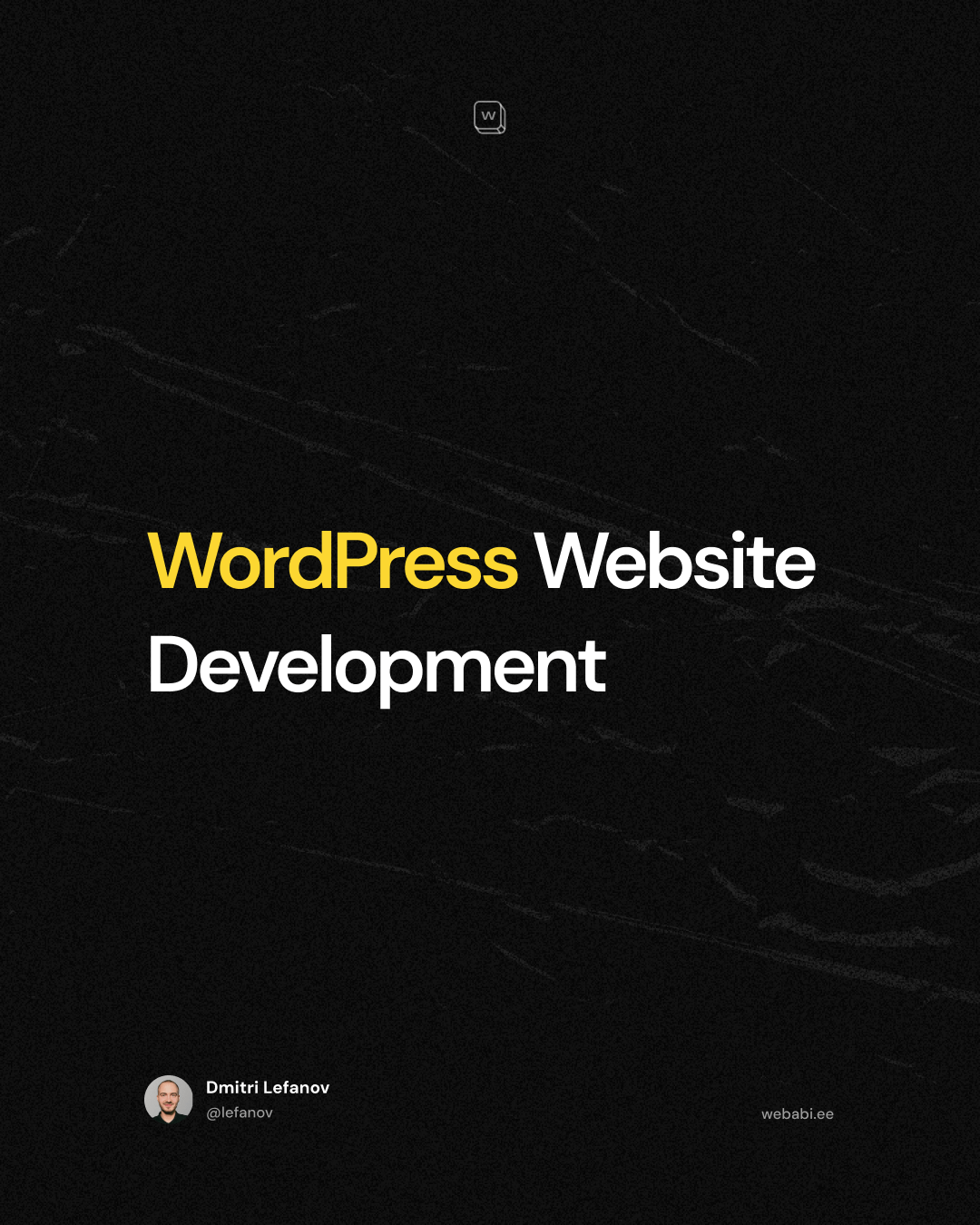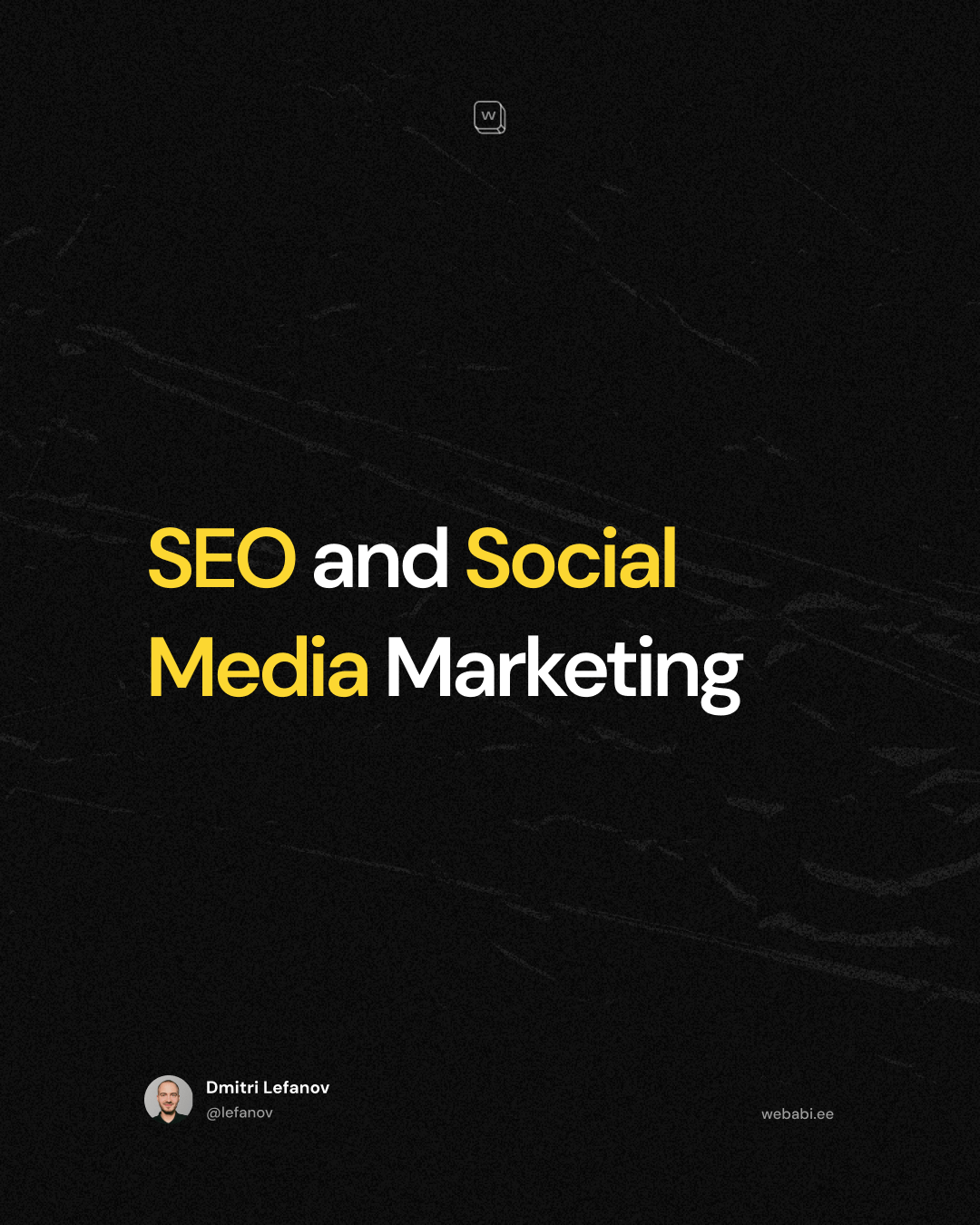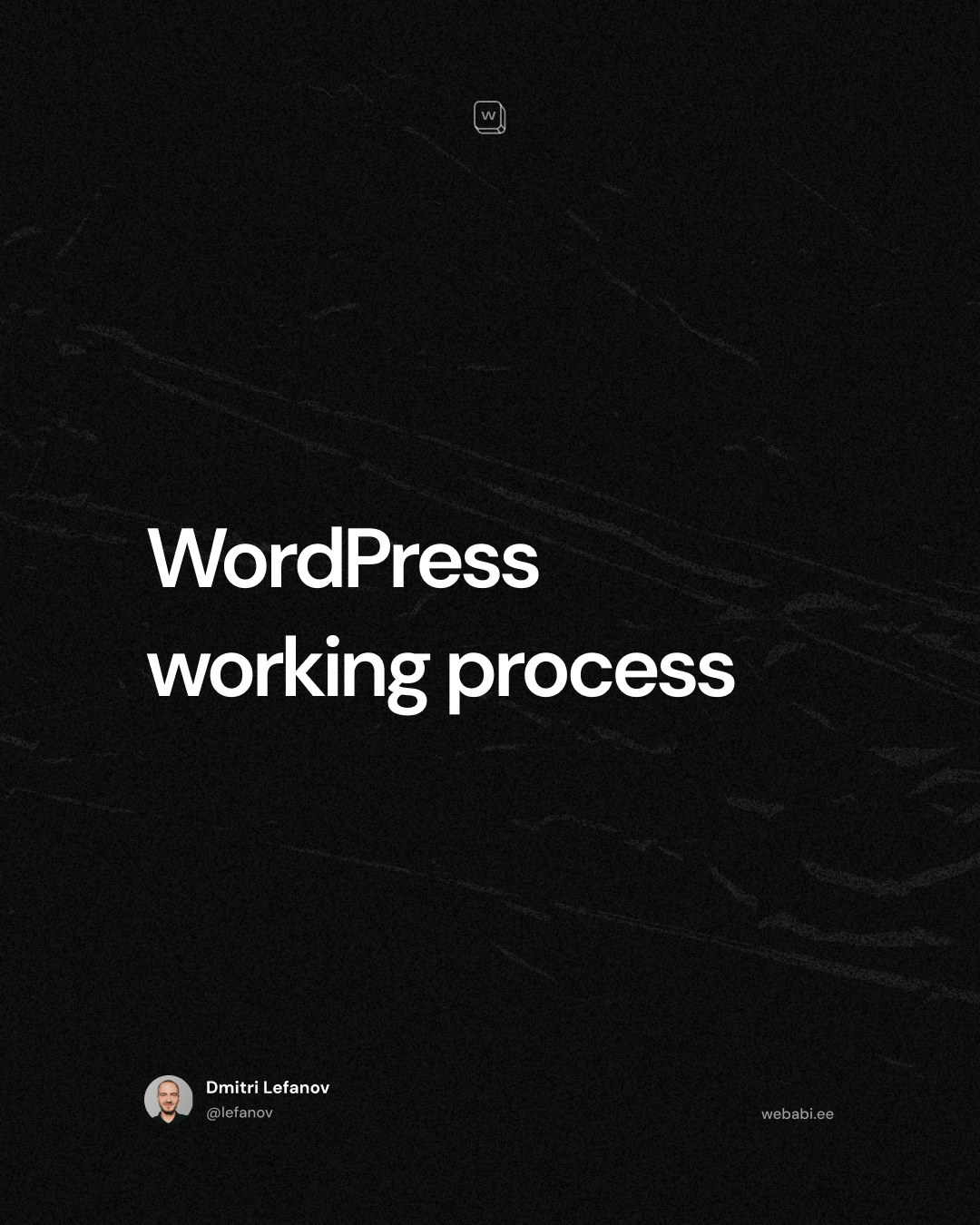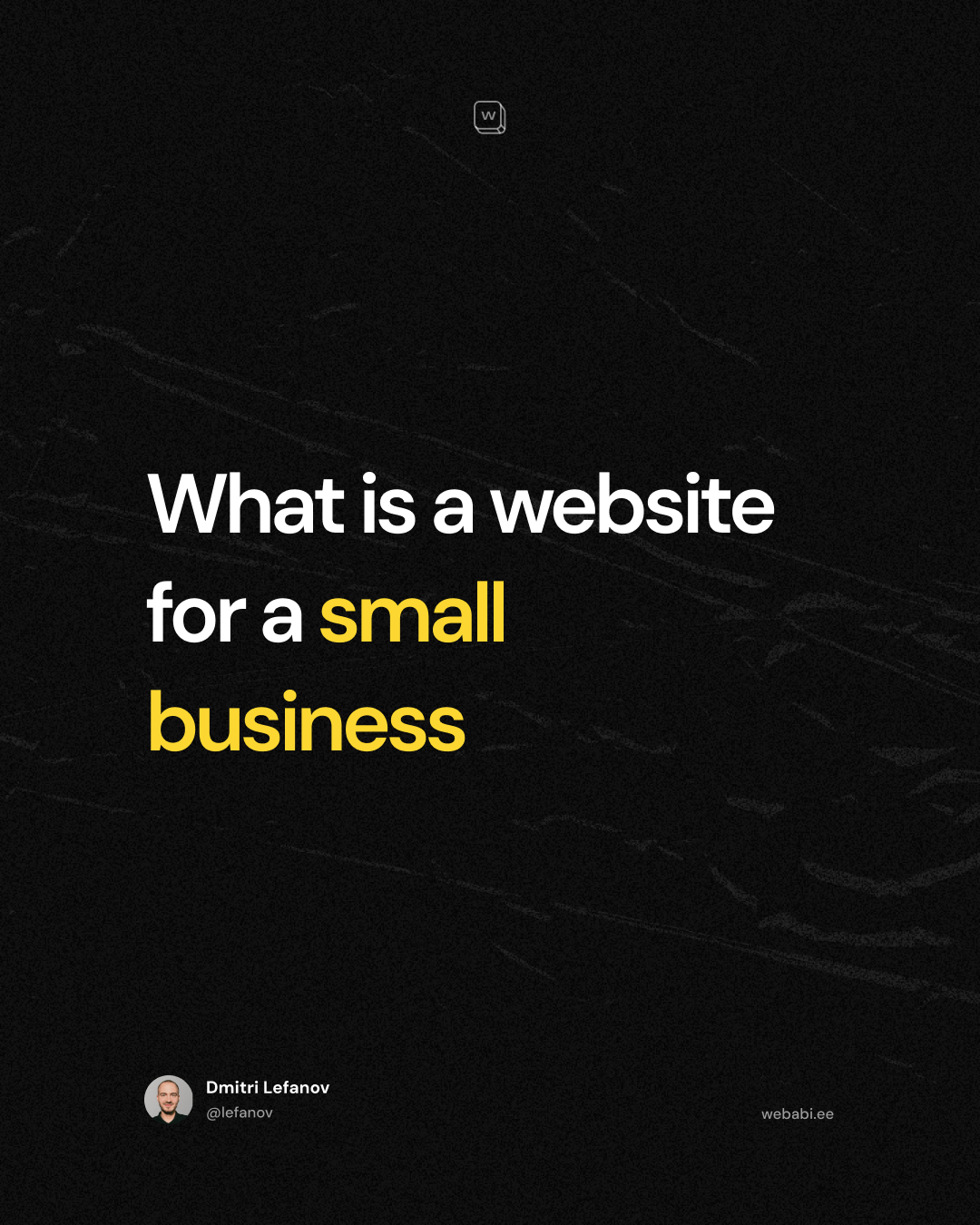A PPC campaign on a small budget might seem risky — especially if you run a small business and every dollar counts. But here’s the truth: you don’t need a huge ad spend to get results.
In this article, we’ll break down how to run a PPC campaign on a small budget, avoid waste, and turn even a limited budget into real leads.
PPC campaign on a small budget: Where to begin?
Start with a clear objective. Before spending a penny, ask: what exactly do I want from this PPC campaign?
- More inquiries?
- Direct online sales?
- Boost in local awareness?
Don’t settle for “get more traffic.” Instead, define measurable goals like “generate 10 qualified leads in 30 days” or “increase landing page conversions by 25%.”
Use specific and affordable keywords
Big brands can afford broad keywords like “lawyer” or “fitness trainer”. You don’t have to — and shouldn’t.
Use tools like Google Keyword Planner or Ubersuggest to find:
- Long-tail keywords (“tax advisor for freelancers in London”)
- Location-specific terms (city or neighborhood-based)
- Service-focused phrases (“wix website setup for small bakery”)
These options are cheaper and bring more qualified traffic.
Target a precise location
Geo-targeting is your friend. If you only serve Manchester, there’s no reason to show your ad in Glasgow.
Use Google Ads to:
- Pinpoint cities or postcodes
- Create a radius (e.g., 10 km around your store)
This reduces wasted clicks — every penny counts.
Set a daily budget and test constantly
Never dump your entire budget in one go. Instead:
- Set a daily cap (even $5–$10 is enough)
- Test variations of ads (A/B testing headlines and CTAs)
- Let ads run a few days, then pause underperformers
Optimize weekly, keep what works.
Write sharper ads than your competitors
Even if you spend less, you can win with better copy. Here’s how:
- Use benefit-driven headlines (“Next-Day Plumbing in Birmingham”)
- Show trust: “4.9⭐ rating from 200+ clients”
- Add strong CTAs: “Book Now”, “Free Consultation Today”
- Align your language with user intent
Test and repeat.
Send traffic to a focused landing page
Never direct ads to a generic homepage. Instead:
- Create landing pages that match your ad’s promise
- Focus the page ONLY on the topic of the ad (e.g., web design for small business)
This boosts your Quality Score and lowers your cost per click.
Track everything or risk losing money
Set up:
- Conversion tracking in Google Ads
- Google Analytics
- Call tracking, if relevant
Know what works, kill what doesn’t. Data = smarter budget use.
Use remarketing — high ROI, low cost
Only 2–3% of visitors convert immediately. Bring them back with remarketing ads:
- People who visited but didn’t act
- Users who viewed a specific service or product
These clicks are usually cheaper and convert better.
Final takeaway: Smart PPC on a small budget works
You don’t need $1000+ to advertise effectively.
Start with:
- $150–300/month
- 1–2 laser-targeted campaigns
- 1 clear goal
Refine each week, and soon you’ll see real ROI.
External link:
Explore Google’s guide to cost-effective PPC.
📣 CTA:
Need help getting started with your PPC campaign on a small budget?
We’ve helped dozens of small businesses turn $5/day into new clients.



